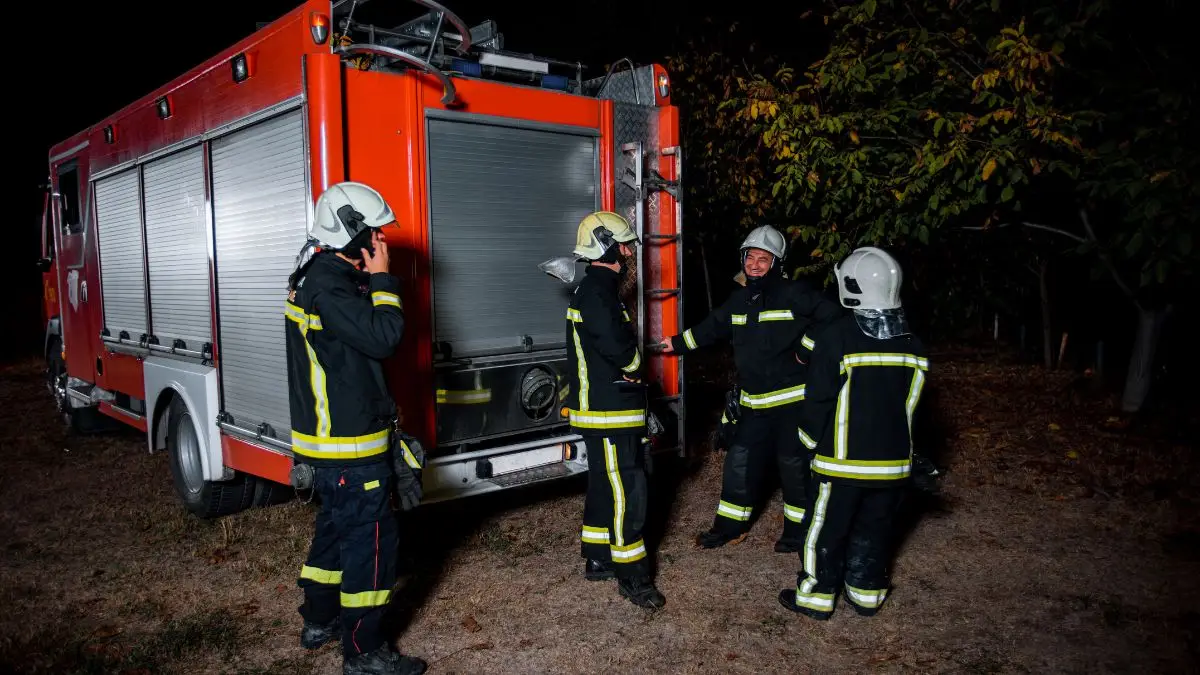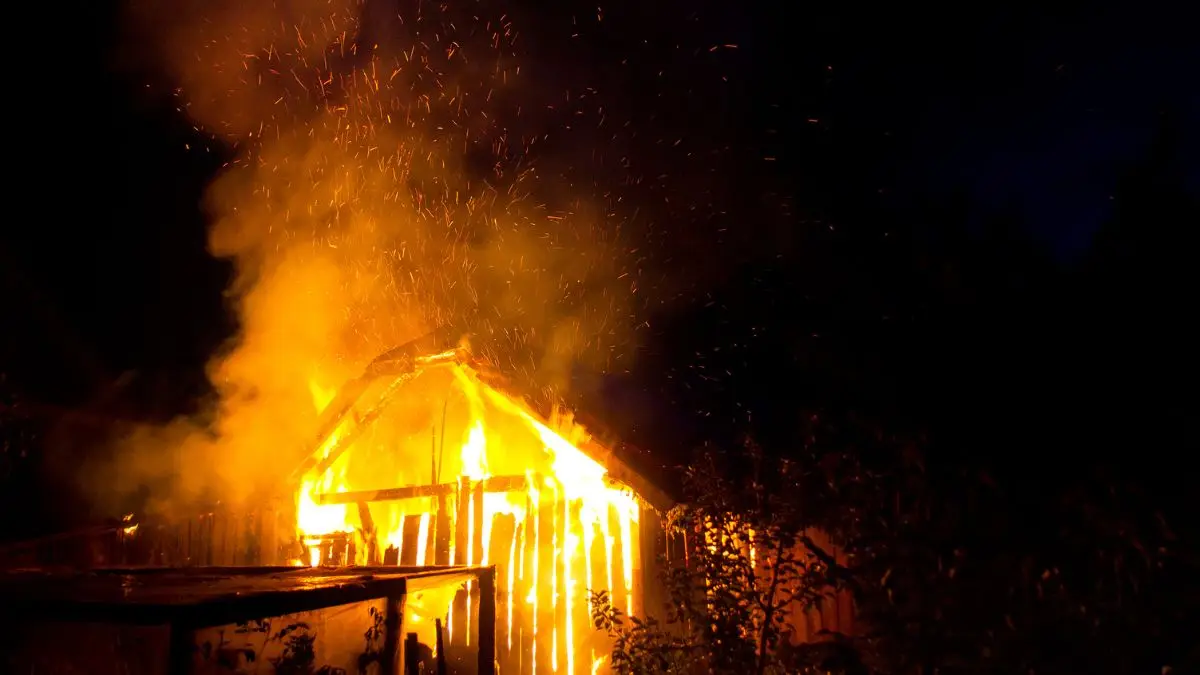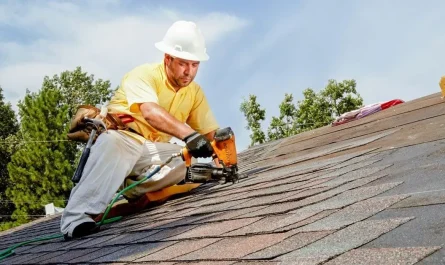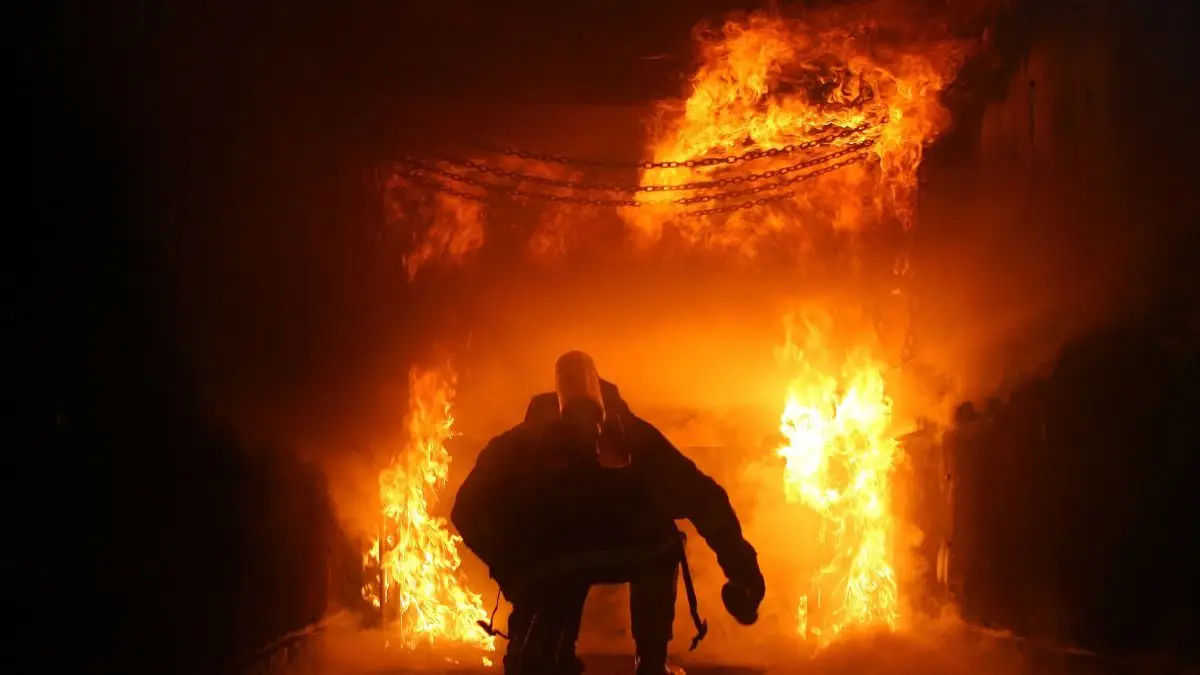Hydrochloric Acid Spills in West Hartford Home, No Injuries Reported
Although I have covered many safety events over the years, this one struck me as a little unusual because it could have occurred in any of our houses.
A homeowner on Lawler Drive in West Hartford made a call at 10:30 a.m. on a calm Monday that very likely saved lives. They discovered a container of hydrochloric acid, a substance that is not only caustic but also extremely deadly when it escapes confinement, leaking in their basement.
The Connecticut Department of Energy and Environmental Protection (DEEP) were on the scene in a matter of minutes. Soon after, Ladder 4 from the West Hartford Fire Department, escorted by Lt. Bob Howe, arrived. This was a planned hazardous materials response, not simply a routine visit, and things quickly got out of hand.
The Fire Marshal, Truck 3, and Squad 1 were among the several fire units that responded. Local police and AMR were also present to provide assistance. This type of chemical discharge can cause hazardous air, harm surfaces, and immediately endanger humans and pets, thus the response was severe.
Fortunately, nobody was harmed. However, this wasn’t just another warning; rather, it served as a wake-up call for those of us who carelessly store old containers in our garages or basements.
Have you ever looked in your storage area or beneath your sink to see what dust is collecting there? Tell me which common household chemical you’re not sure how to properly store.
From First Call to Final Clearance How It Unfolded
This incident provides all the information you need to understand how quickly first responders actually respond to dangerous situations at home.
It began at 10:30 a.m. when the homeowner discovered the leak and called Connecticut’s Department of Energy and Environmental Protection (DEEP). Ladder 4 from the West Hartford Fire Department arrived shortly after DEEP. Under the command of Lt. Bob Howe, they arrived on the site at 10:33 a.m.
But one vehicle wasn’t enough.
Truck 3, Squad 1, Medic 21, Car 4, Car 1, and Fire Marshal 2 arrived in a matter of minutes. AMR and police officers were also brought in to provide assistance. In the middle of a peaceful neighborhood, it escalated into a full-scale hazmat reaction.
Everything was deemed safe at midday. You would anticipate a prompt, serious, and well-organized reaction in a business area rather than a family home.
It wasn’t enough to simply show there; they also needed to have a plan, which is exactly what they accomplished.
What Each Agency Did And Why It Mattered
Let’s face it: you don’t want random people to enter your home when a substance like hydrochloric acid is leaking. You need a team with experience and expertise.
When West Hartford Fire received the call, DEEP was already there. Ladder 4 arrived first, but a thorough hazardous coordination process ensued. Firefighters didn’t show up right away. Equipped with specialist equipment, they cautiously entered the house and kept an eye on the air quality throughout.
Controlling the environment and ensuring that no one breaths in something they shouldn’t are more important than simply cleaning up a scenario like this.
The homeowner needed to hire a professional environmental cleanup firm to complete the job even after the immediate threat was resolved. These leaks can become so catastrophic.
I mention this to let you know you’re not alone, not to frighten you. There is a procedure in place for situations like these. And in this instance? It was successful.
Similar quick emergency reactions demonstrated how brittle commonplace systems can become when a North Plainfield home exploded after water and a gas leak.
Why Hydrochloric Acid Is So Dangerous Indoors?
Consider yourself fortunate if you have never worked with hydrochloric acid. You don’t want that kind of material to spill into your basement.
This substance is extremely caustic. It may burn your lungs if inhaled, and it can chew through concrete and metal. Fumes that irritate your eyes, throat, and nose can be released by even a minor spill. For this reason, hazmat teams avoid taking any chances. They prepare, block off the area, and handle it as if it were a threat.
Why would anyone ever have that at home, you might be asking yourself. It’s a fair question. You can use hydrochloric acid to clean iron, bricks, and even swimming pools. But it’s more risk than reward unless you’re really careful or trained.
Patch claims that it was kept in the basement by the homeowner. Before it leaked, no one anticipated it would.
This was no industrial mishap. There was only a bottle remaining in a peaceful house in Connecticut.
Indeed, on WhatsApp community safety channels that monitor common dangers and neighborhood incidents, other homeowners recently recounted similar near-misses, such as chemical odors in a confined basement.
Could This Happen to You? Common Mistakes You Might Be Making
Yes, it could. I’m sorry to say that.
The truth is that most of us have a few items hidden away in the basement or garage that we haven’t given much thought to in years. Garden pesticides, paint thinners, and outdated cleaning supplies It is possible that you have anything in a corroded container that you haven’t handled since 2016.
That’s precisely how things like this start.
In this instance, the acid had been kept in storage for an unknown amount of time, and eventually the container began to malfunction. Later, the fire department stated that this served as a potent warning of the risks associated with incorrect storage of chemicals, and they were entirely correct.
Being safe doesn’t need you to be a scientist. You just need to check what s in your home and ask yourself, Is this worth the risk?
Furthermore, a Garnett home became a hazard zone following a carbon monoxide exposure, serving as a reminder that even seemingly innocuous dangers can have fatal consequences.
What You Can Do Today to Stay Safe?
I’m not trying to scare you with this. I m writing this so you can take one or two steps right now that might save your health or your home later.
Here s where to start:
-
Go through your storage areas.
Check your basement, garage, under the sink. Look for anything in rusty, cracked, or unlabeled containers. -
Label what you keep.
If you really need something like bleach, ammonia, or pool cleaner, make sure it s in a proper container with the label intact. -
Don t mix chemicals or store them too close together.
Some combinations can trigger chemical reactions you don t want to see. -
Use well-ventilated areas only.
Avoid enclosed spaces for anything corrosive or fume-heavy. -
Dispose responsibly.
If you re not sure how, call your town s waste department or DEEP.
Safety isn t about being perfect it s about being intentional. The homeowner in West Hartford did the right thing by calling for help. You can do the right thing by checking your home before something leaks, spills, or burns.
I m curious have you ever found something in your home you weren t sure was safe to keep? Drop it in the comments. Someone else might be wondering the same thing.
What You Should Do If You Ever Find a Chemical Leak at Home?
I hope you never have to deal with this. But if you do knowing what to do in the first few minutes can make all the difference.
Here s the protocol I d follow, and what experts recommend:
What you shouldn t do? Pour water on it, try to clean it up with a mop, or seal the room and walk away.
If you re unsure, always lean on the side of caution. The homeowner on Lawler Drive did and it prevented something far worse.
Sadly, some families don t get warnings at all like in a recent case whereone person was found dead inside a Maine home after a fire, with no time to react.
5 Takeaways That Could Make Your Home Safer Today
After everything I ve read, seen, and written about this incident, here s what sticks with me and what I think you should walk away with too:
-
Old chemicals don t just sit there.
Over time, they degrade. And sometimes, they leak. -
If it s not labeled, it s not safe.
Whether it s bleach or something industrial, you need to know what it is and when it was last touched. -
Basements aren t safe storage for everything.
Especially in humid areas or with kids around. -
There s help available.
You re not expected to handle this alone. West Hartford Fire, DEEP, and licensed contractors know what to do. -
It s better to be early than too late.
The sooner you act, the smaller the problem gets.
What happened on Lawler Drive wasn t just a chemical leak it was a reminder that homes don t come with hazard warnings. We have to make them safe ourselves.
If you take five minutes today to check your basement or shed, that s a win. And if you ve already done it? Let me know what you found or what surprised you most.
For more real-life home safety stories like this one, check out ourHome Incidents sectionon our website.
Disclaimer:This article is for informational purposes only and does not substitute professional safety or emergency guidance. Always contact your local fire department or environmental agency if you encounter hazardous materials. The content is based on public reports and official statements at the time of writing.
Table of Contents
-
From First Call to Final Clearance How It Unfolded
-
What Each Agency Did And Why It Mattered
-
Why Hydrochloric Acid Is So Dangerous Indoors?
-
Could This Happen to You? Common Mistakes You Might Be Making
-
What You Can Do Today to Stay Safe?
-
What You Should Do If You Ever Find a Chemical Leak at Home?
-
5 Takeaways That Could Make Your Home Safer Today




